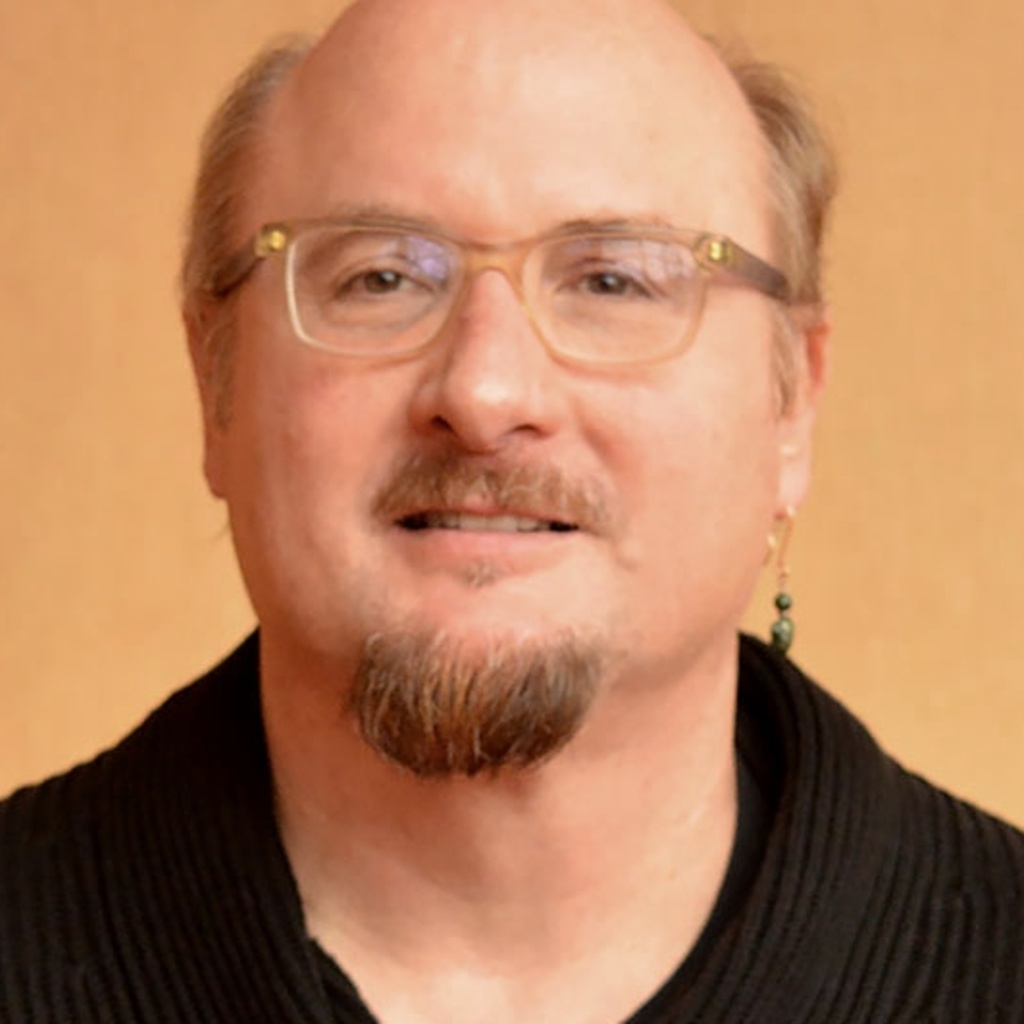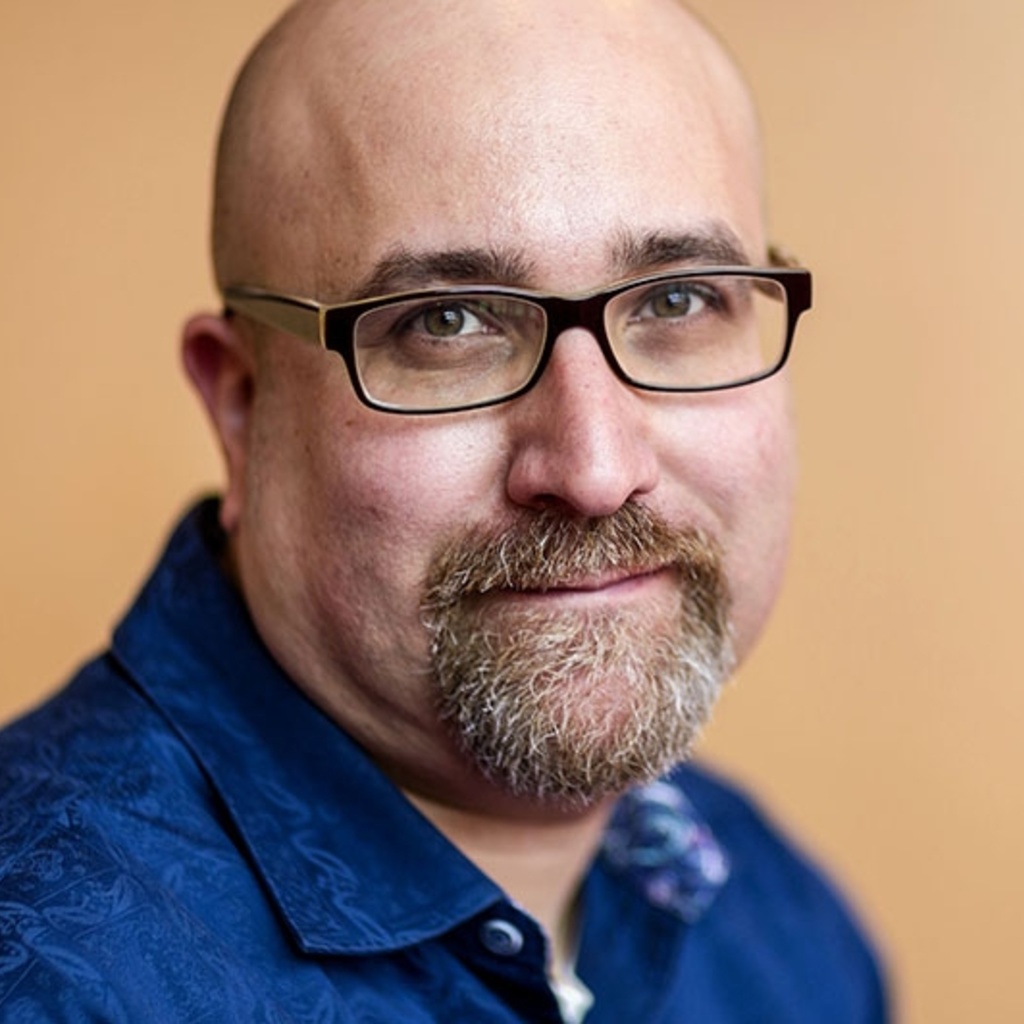Main navigation
Our primary focus is the development of new plays. This dynamic process of building new work demands a specific kind of designer: an artist with the visual fluency and the flexibility to communicate evocatively and effectively, an acute intellect able to analyze the structure of a script as it is formed, and an adventurer with courage enough to trust that the collaborative process will lead to an exciting destination.
Study for the MFA in design is an intensive three-year program dedicated to the education of artists for the professional theatre. The program serves students of imagination who are committed to the theatre and who aspire to be artistic visionaries of the future who are adept in techniques and methods for creating new works. The program aims to develop artists who will work as professional designers for the performing arts.
Degree requirements
- MFA Design candidates complete 70 hours of course work and at least six design assignments.
- Primary area (3 courses): Scenic design, Costume design, and/or Lighting design
- Secondary area (2 courses): Scenic design, Costume design, Lighting design, Projection/Media design, Mask/Puppetry, Hair/Makeup, and Sound design
- Design Core: Period Styles, Scenic Art, Dramatic Literature, Graduate Design Seminar
- Projects in Theatre: Immersive design learning with one-on-one expert faculty mentorship
- Graduate College requirements: Orientation to Graduate Studies, Comprehensive Examination, and Graduate MFA Thesis

Threads from Broadway
Assistant Professor of Design Cathy Parrott connects Iowa Theatre to Broadway with costume donation
Plan of Study Overview
Sample Plan of Study
Nine to 15 semester hours each semester; 70 total semester hours.
Program faculty must approve substitutions for any course in a student's plan of study. A typical plan of study in the graduate design program follows.
Production Requirements
MFA design candidates will be assigned an assistant or design position each semester to fulfill the graduation requirement. Students register for one to three semester hours under THTR:6691 Projects in Theatre and the section number of their area advisor.
Particularly accomplished students may be awarded additional design opportunities by the program faculty. Students are prohibited from taking on additional design projects during the academic year without consent of the program faculty.
Create your academic path
You'll find degree overviews, requirements, course lists, academic plans, and more to help you plan your education and explore your possibilities.
Current course list
The MyUI Schedule displays registered courses for a particular session and is available to enrolled students. The list view includes course instructors, time and location, and features to drop courses or change sections.
Design alumni
Our MFA and BA designers have moved from their training in Iowa City to major cities across the country. As freelance designers, art directors, faculty, production managers, and artistic directors, our alumni are working professionals.
We have a strong design presence in New York City, Chicago, and Minneapolis, with alumni teaching in New York, Michigan, Illinois, Indiana, North Carolina, Texas, California, Alabama, and Minnesota.
Here are some of our graduates, including samples of work created while they were at Iowa and what they've achieved since:
What sets Iowa apart?
Alastair Sigala Ramirez
While some theatre graduate programs require students to focus on one specialty, the University of Iowa allowed Alastair Sigala Ramirez to pursue both of his passions.
Kaelen Novak
Kaelen Novak seemed to make a huge jump upon completing his bachelor’s degree in integrative biology and joining the University of Iowa’s MFA program in theatre arts. It turns out his educational trajectory has been full of many unexpected but meaningful pivots.
Learn more about design at Iowa
Media design
Dan Fine joined the Department of Theatre Arts faculty in 2016. Working with students and faculty in the theatre arts and dance departments, Dan teaches two classes each semester, in addition to advising students on productions in the theatre arts and dance departments:
- Producing and Directing Digital Video
- Installations & Interactive Performance
- Performance, Art, & New Technologies
- Video for Performance
- Topics in Digital Performing Arts
In 2018, Dan co-authored the first how-to book for media designers entitled Digital Media, Projection Design and Technology for Theatrical Performance (Focal Press).
Motion capture and virtual reality studio
Professors Daniel Fine, Paul Kalina, and Bryon Winn received a half million dollar grant to create a new motion capture and virtual reality studio with professional equipment and ability for virtual production. The studio is a laboratory for research and teaching where our faculty and students can work across disciplines to create theatre for the 21st century. These new technologies prepare our students for professional careers in the entertainment industry of the future and support our mission of innovation in the area of digital arts.
Collaborations in design
Throughout the three years in Iowa City, students have ample opportunities to hone their collaboration and communication skills and receive feedback on class work and design assignments with the expectation that they will build on each experience and continuously fine-tune their processes. Design students are also encouraged to work closely with their faculty during design assignments and can meet with faculty at any time to problem solve or to request feedback.
The goal of each student is to become an artist, an adventurer with enough courage to trust that the collaborative process will lead to an exciting destination. The focus of the design program is a balance of theory and practice.
- Design assignments are an extension of coursework.
- You are expected to maintain high standards in and out of the classroom.
- You are also expected to maintain high academic standards at all times and are never excused from class work in favor of design assignments.
While you may be given permission by design faculty to design department gallery productions or to design in the Department of Dance, this extra work must not take precedence over coursework.
Training teachers
Students who aspire to teach have opportunities for hands-on training with a variety of course work, seminars, and teaching assistantships. Each year, Iowa's Center for Teaching sponsors dozens of seminars to help graduate students gain skills and best practices for success in the classroom. The Center for Teaching also offers one-on-one mentoring in the development of an individualized teaching portfolio.
In February each year, students apply for teaching assistantships in the following year. Previous students have been awarded teaching assistantships in design, theater history, and comedy and society. Students may also have opportunities to teach individual sessions of costume design, lighting design, and scenic design courses. Those students who start application processes while still in school at University of Iowa will work with faculty to develop their curriculum vitae and application materials.
Continuation in the program
1. Entering the program
When you begin your studies, you will develop a plan of study in conjunction with your faculty advisor. A digital copy of the plan of study goes to the head of design and one copy should be sent to the director of graduate studies. The plan will be reviewed at the end of each semester and may be modified in consultation with the design faculty.
2. End of semester review
In order to pass from one semester to the next, you are required to:
- Present your work to the faculty for review in a semi-formal design presentation, following guidelines that will be provided in Design Seminar.
- You must maintain a 3.0 grade-point average and a B average or above in design courses each semester, although, you are expected to earn an A in all courses in your primary area of study.
3. Comprehensive examination
University of Iowa requires that MFA candidates pass a comprehensive examination (comps) of the subject matter and skills in their area of study. At the end of the fourth semester, the MFA Theatre Design candidate undergoes a formal presentation of their portfolio to the members of the design faculty and the candidate’s thesis committee. The evaluation of this presentation determines the probability of completing their degree, thereby passing comps. Candidates cannot start their third year of training until they pass comps.
4. Thesis
In the design program the thesis is considered to be the body of work a student has completed in their residence at the university. The thesis has two parts: a searchable digital portfolio that is housed in the Iowa Research Online, and a summary document (pdf). This work is documented by the student as a list of realized productions (including production venue, date, director etc.), with supporting visual images.
The format of this document must comply with the guidelines as outlined in the Thesis Manual of the Graduate College. The thesis defense, normally scheduled during the spring of a candidate's third year, is a formal portfolio presentation of the work cited in the written document. Students may earn three hours of credit in the third year for meeting the thesis requirement. These hours are part of the 82-hour program maximum.
Ulfers/Hall Study Abroad Scholarship
The design program encourages all majors with interests in theatre design to consider study abroad opportunities and to apply for the Erik Ulfers/Margaret Hall scholarship. For consideration, graduate students in the design program must:
- Participate in an approved study abroad program or an academically significant internship experience abroad that is at least six weeks in length
- Be in the second year of the program and in good academic standing
- Have discussed with and presented your proposed activities in writing to the design faculty and have the approval of the committee
Applications
Completed applications consist of:
- A reference letter from a faculty member outside of the design program
- A statement of purpose essay
- A print-out of your grade report from MyUI
- A short reference email from a faculty member in the design program
- The application form from the internship program and a Study Abroad Conditions of Participation form if relevant
Annual Application Deadline: Jan. 15 or by special request
Questions?

Jason Simms, MFA

Bryon Winn, MFA, BA
Get Involved
Want to learn more about productions on campus? Visit the Theatre Arts Callboard to find audition information, production guidelines, facilities information, and more.
Design faculty
The design faculty are theatre design professionals, USA 829 and USITT members, who have worked across the country, with active relationships with companies in New York, Washington D.C., Pennsylvania, Maine, Iowa, Illinois, Wisconsin, Minnesota, Colorado, New Mexico, Utah, Oregon, and California.
Our faculty has traveled extensively around the world, and in many cases brings students with them, most recently to the Czech Republic and Brazil. Every year, guest designers come to Iowa City to work with our students on Mainstage, Opera, or Partnership in the Arts Productions.
Design Faculty

James Albert, MFA

Mark Bruckner, MFA, BM, BA

Daniel Fine, MFA

Cathy Parrott, MFA

Jason Simms, MFA

